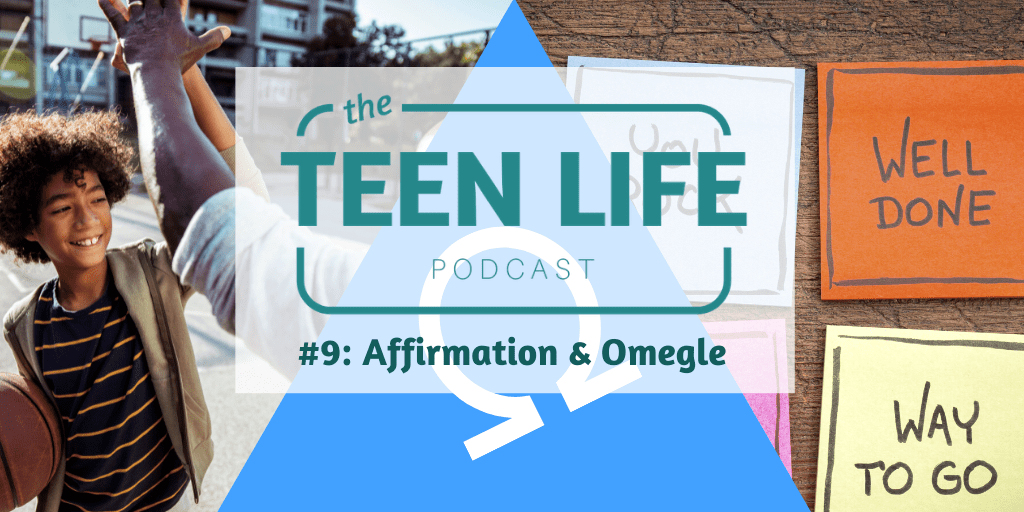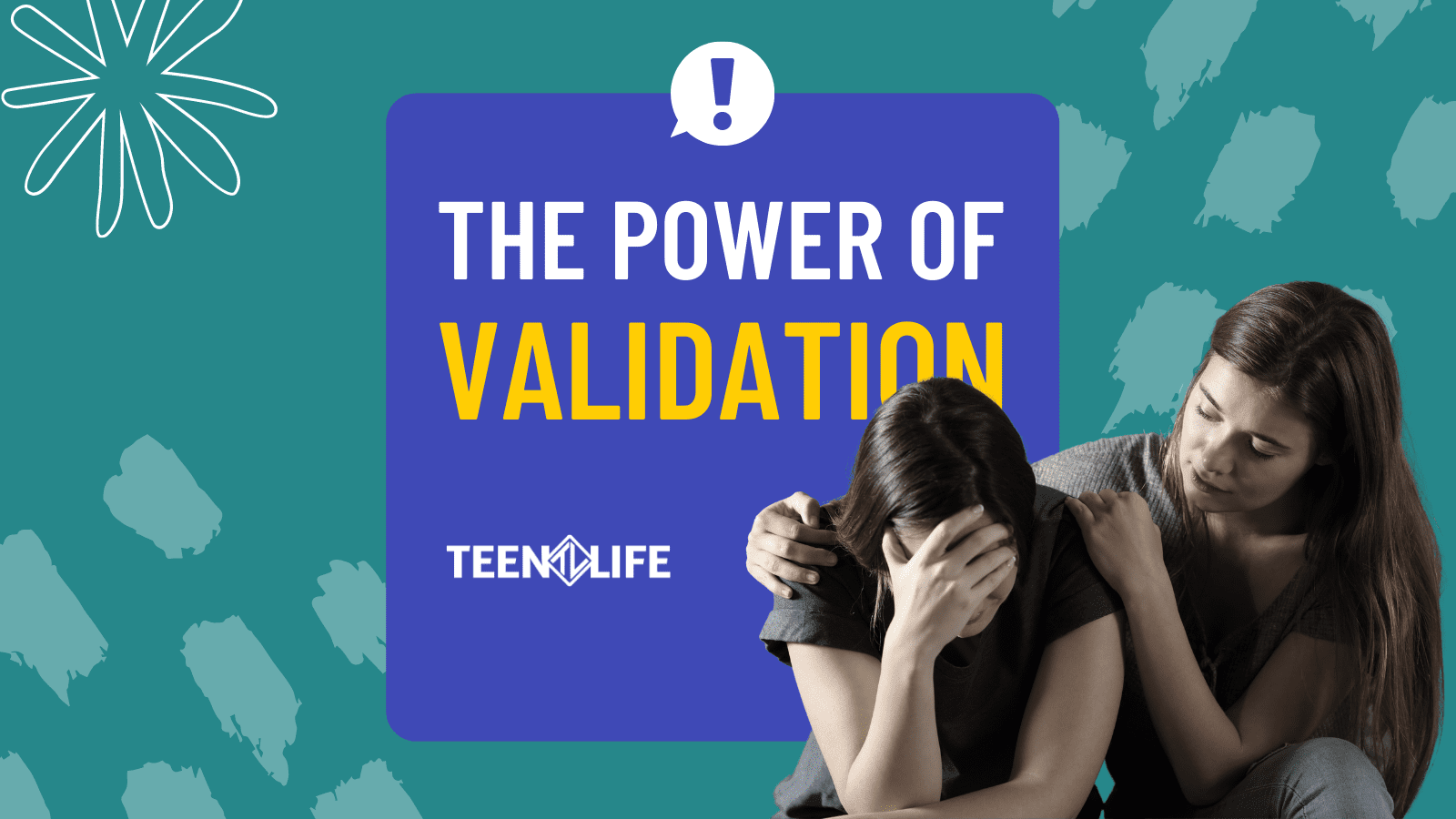
The Power of Your Words
How to harness the power of your words when speaking of teens.
Have you ever had that one person that you just really don’t like? There isn’t always good reason, but when their name is brought up, you inwardly roll your eyes and try your best to hide those negative impulses? That’s not just me…right?
Recently, I realized that I had developed an incredibly strong opinion about a person without even knowing them personally – let’s call him Max. Through other people’s opinions, I began to see Max as selfish, moody and disrespectful. What’s even worse is that I didn’t realize my bias until someone else’s opinion began to change my mind!
Once again, without any personal interaction, I created an opinion in my head based on how someone talked about Max. However, this new influencer had the opposite effect. Where I used to roll my eyes when his name was brought up, suddenly, I found myself defending his decisions and giving him the benefit of the doubt when he made mistakes. After spending time with one of Max’s best friends, I stopped treating Max like he had personally wronged me (which he hadn’t), I began to see him as a likable, funny person who needed a little grace, just like the rest of us.
All because of one opinion.
You might be asking – what did they say? How can a few words change your opinion so quickly? And that’s just it – it really didn’t take much. His friend didn’t bribe me or make up stories about his heroic efforts on the weekends, they simply spoke kindly about Max. In every word, every description and even through their tone, I could tell that they genuinely believed the best about Max. There was a reason that they were friends, and it made me want to be his friend, too!
Michael Hyatt just wrote a blog about the importance of affirming your spouse, and after my experience with Max, I am a firm believer in the power of your words and their ability to shape someone’s opinion.
If it is important to lift up, encourage and affirm your spouse, it should be just as important to do the same for your kids (especially your teenagers)!
Here are a few reasons why it is crucial to speak positively about teens:
Your words will shape the opinions of others.
As parents, teachers, youth ministers, coaches and mentors, we need to check what words and stories are coming out of our mouths. Especially when you are talking to people who do not personally know that teenager, there is no excuse for gossiping and spreading negative opinions about a student. When all you do is vent to friends or other parents, you are only giving them a glimpse into the most negative aspects of that teen.
How are they supposed to overcome that difficult teacher or the task of making good friends when everyone already has negative, preconceived notions about who they are and their priorities. Give them a chance to make friends or enemies based on their own interactions, instead of the thoughtless words of an angry, frustrated adult. Choose to say kind and positive things more often than telling negative stories.
Give your friends, their teachers, and other adults a reason to like your teenager.
Your words will shape your opinion.
When you say positive things about that teenager, you will start to notice more positive things to say. Instead of jumping to the worst possible conclusion, tell others how much they are trying. Tell that story about how sweet they were when their little sister was crying (you don’t have to mention that they caused the crying in the first place). Focus on the things they are great at – whether that is school, band, being a good teammate, or helping around the house.
If you get in the habit of bragging on your kids, students and players, you might find that you have more reasons to brag on them than you originally thought. Just like your words can change the opinions of others, they can also influence your own patience and treatment of teens.
Give yourself a reason to like that teenager.
Your words will shape their opinion.
I will never forget the times that my parents bragged about me to their friends, or the time I overheard my youth minster telling someone he wanted his daughter to grow up and be like me. I can remember thinking, “If they think that of me, I need to keep going and prove them right!”
You know that warm, fuzzy feeling when you know someone is proud of you? Can you imagine what teenagers would act like if they got that feeling often – weekly, even daily?
Tell that teenager that you are proud of them. Write it in a note. Say it out loud. Tell everyone you know how great they are. Use your words to empower and encourage your teenager to act, think and live better.
Give teenagers a reason to like themselves.
I DARE YOU
Take this next week and consciously look for positive things to say about the teenagers in your life. If a negative thought or word comes up, immediately think of two positive things to replace it with.
Let us know how this experiment goes and if it changed the way you or others fell about teens. Help combat the negativity that is too often involved with these teenage years.

Karlie Duke
Communications Director
Karlie Duke | Director of Communications
Karlie has always had a heart for teenagers. Through her role at Teen Life, she loves to showcase the amazing stories coming out of Support Groups, but she is especially passionate about helping adults and teenagers find connection. Karlie has a BS in Communications with a minor in Family Studies from Abilene Christian University.


